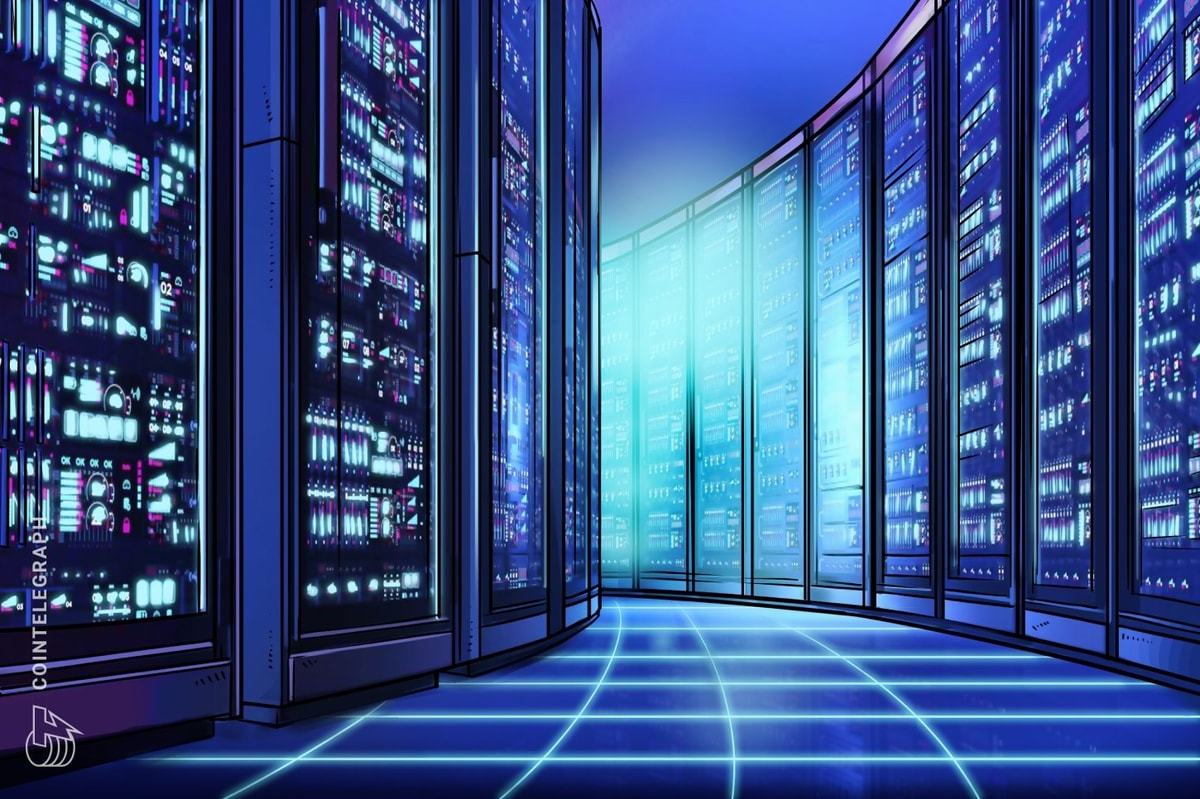Draft legislation in the US Senate threatens to hit data centers serving blockchain networks and artificial intelligence models with fees if they exceed federal emissions targets, according to an April 11 Bloomberg report.
Led by Senate Democrats Sheldon Whitehouse and John Fetterman, the draft bill purportedly aims to address environmental impacts from rising energy demand and protect households from higher energy bills, Bloomberg said.
Dubbed the Clean Cloud Act, the legislation mandates that the Environmental Protection Agency (EPA) set an emissions performance standard for data centers and crypto mining facilities with over 100 KW of installed IT nameplate power.
The standard would be based on regional grid emissions intensities, with an 11% annual reduction target. The legislation also includes penalties for emissions exceeding the set standard, starting at $20 per ton of CO2e, with the penalty increasing annually by inflation plus an additional $10.
“Surging power demand from cryptominers and data centers is outpacing the growth of carbon-free electricity,” notes a minority blog post on the US Senate Committee on Environment and Public Works website, adding that data centers’ electricity usage is projected to account for up to 12% of the US total power demand by 2028.
According to research from Morgan Stanley, the rapid growth of data centers is projected to generate approximately 2.5 billion metric tons of CO2 emissions globally by the end of the decade.
For Matthew Sigel, VanEck’s head of research, the proposed legislation effectively seeks to single out Bitcoin (BTC) miners and similar operations for energy consumption in a “Losing ‘Blame the Server Racks’ Strategy,” he said in an April 11 X post.
In addition, the law could clash with the US’s policy under President Donald Trump, who repealed a 2023 executive order by former President Joe Biden setting AI safety standards. Trump has previously declared his intention to make the US the “world capital” of AI and cryptocurrency.
New US draft bill would penalize AI, crypto data centers for power consumption. Source: Matthew Sigel
Related: Trade tensions to speed institutional crypto adoption — Execs
Bitcoin and AI converge
The draft law, which has yet to pass in the Senate, comes as Bitcoin miners — including Galaxy, CoreScientific, and Terawulf — increasingly pivot toward supplying high-performance computing (HPC) power for AI models, VanEck said.
Bitcoin miners have struggled in 2025 as declining cryptocurrency prices weigh on business models already impacted by the Bitcoin network’s most recent halving.
Miners are “diversifying into AI data-center hosting as a way to expand revenue and repurpose existing infrastructure for high-performance computing,” Coin Metrics said.
Comparison of miners’ AI-related contracts. Source: VanEck
According to Coin Metrics, miners’ incomes began to stabilize in the first quarter of 2025. However, the recovery could be cut short if ongoing trade wars disrupt miners’ business models, several cryptocurrency executives told Cointelegraph.
“Aggressive tariffs and retaliatory trade policies could create obstacles for node operators, validators, and other core participants in blockchain networks,” Nicholas Roberts-Huntley, CEO of Concrete & Glow Finance, said.
“In moments of global uncertainty, the infrastructure supporting crypto, not just the assets themselves, can become collateral damage.”
Magazine: Financial nihilism in crypto is over — It’s time to dream big again









